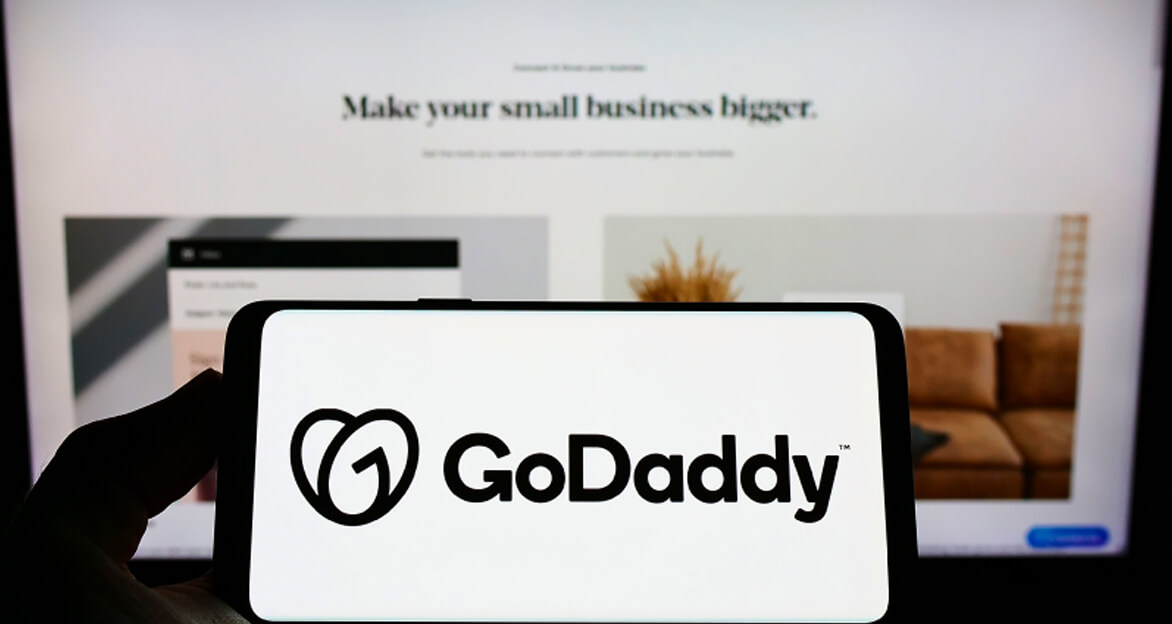Do I Own My Website Domain Name?
Website Domain Ownership
A domain name is used to identify the location of a website. It’s what many people refer to as a “web address.”
Technically, nobody owns a domain name. It’s not a one-and-done purchase like something tangible. It’s more like a subscription service.
When you buy a domain, you own the exclusive rights to it for a specific amount of time. Most domains renew yearly, but some registrars allow up to ten years of prepaid ownership.
Here’s the catch. Owners only have rights to the domain if they pay for it. When they stop paying, owners lose those rights, and the domain goes back on the market.

Anyone can buy and register a domain for sale—a business owner, an employee, their web developer, or someone unrelated to the company. That means ownership could be in anyone’s hands.
From our experience, people assume they own their domain because they have login access to the website. However, these are two entirely separate items. Simply put, it’s like renting an apartment. You pay the bills, and your belongings are inside, but having the keys isn’t the same as owning the property.
Don’t let domain ownership slip further through the cracks. Let’s find out who owns your website.
“You should know who your domain is registered with and the username and password for your domain name registration account. You should be very careful about giving this information to anyone since you are potentially handing over the legal rights to your domain name.”
Maisha Walker for Inc.
Search for the domain owner
There’s no official certificate or title that comes along with a domain’s purchase. However, all domain name registrations are regulated by the Internet Corporation for Assigned Names and Numbers (ICANN). This information is stored in their WhoIs database, which is available to the public.
Enter your web address, and ICANN will populate the owner’s contact information.
Don’t worry about seeing “Domains by Proxy” instead of your name. Website domain owners can keep their contact information private; some providers do this by default. ICANN replaces the owner’s contact details with the registrar’s information. Thankfully, you can still contact the listed registrar to find out if your name is tied to the domain.
Common Domain Registrars
- GoDaddy
- Google Domains
- Domain.com
- NameCheap
- Name.com
- Bluehost
- Dreamhost
- Network Solutions
Tip: look at your billing situation
If you make direct payments to a registrar, you or someone within your company likely has ownership. Still, situations can get messy when employees register domains in their own name or use a personal account.
If you pay a monthly domain fee to a web developer, you probably have an inconvenient road ahead. Your domain name is likely owned by the developer and located in their account. In that case, you’ll need to work with them to gain ownership.

Request a transfer of ownership
Your developer may be willing to transfer the domain ownership to you. That means they update ownership information with ICANN via the registrar. Ideally, they will also migrate the domain to your account.
In the worst-case scenario, they deny your ownership request because you’re trapped in the fine print. The web development company snuck a domain ownership clause into your contract. They own your website, its content, and your domain. They can do whatever they want with it, including selling it.
If you want to keep the domain, you’ll have to buy it from the web developer. You’re at their mercy, and you may be unable to negotiate a fair price. It’s unethical but legal if you sign the contract.
A cautionary tale
Issues don’t usually surface until it comes time to work with a new web design company. That’s when most people find out their hands are tied, and the web design process is delayed or halted. They don’t own their domain name and essentially have no control over the property.
Several years back, a local business came to us wanting a website redesign. Unfortunately, we couldn’t help them. Their website was hosted and built by a man who freelanced. He also owned their domain.
That man died unexpectedly, leaving the business owners powerless. He had complete ownership of their website, which became wrapped up in his estate. A costly uphill legal battle ensued in an attempt to reclaim ownership of the domain. Ultimately, it was an expensive oversight. But it could have been prevented had ownership been placed with the right people from the start.
Our final tip
Don’t cheat yourself
Domains expire. Service providers typically require a credit card on file to prevent the mayhem that comes with expired domains. Most offer auto-renewal options, but you can still lose your domain with these safeguards.

Automatic billing means nothing without a valid form of payment. Your rights are nullified if the transaction is declined and the domain name becomes available for purchase. And that means anyone can purchase it, including people who intend to resell it for profit. Expired credit cards and insufficient debit card funds are often the culprits.
Thankfully, registrars send plenty of emails before your domain is up for renewal, and they’ll usually let you know if your card has expired during the auto-renewal window. As a domain owner, acting on these alerts is your responsibility. That means if you lose rights to your domain because of payment issues, it’s not for lack of effort from your registrar.